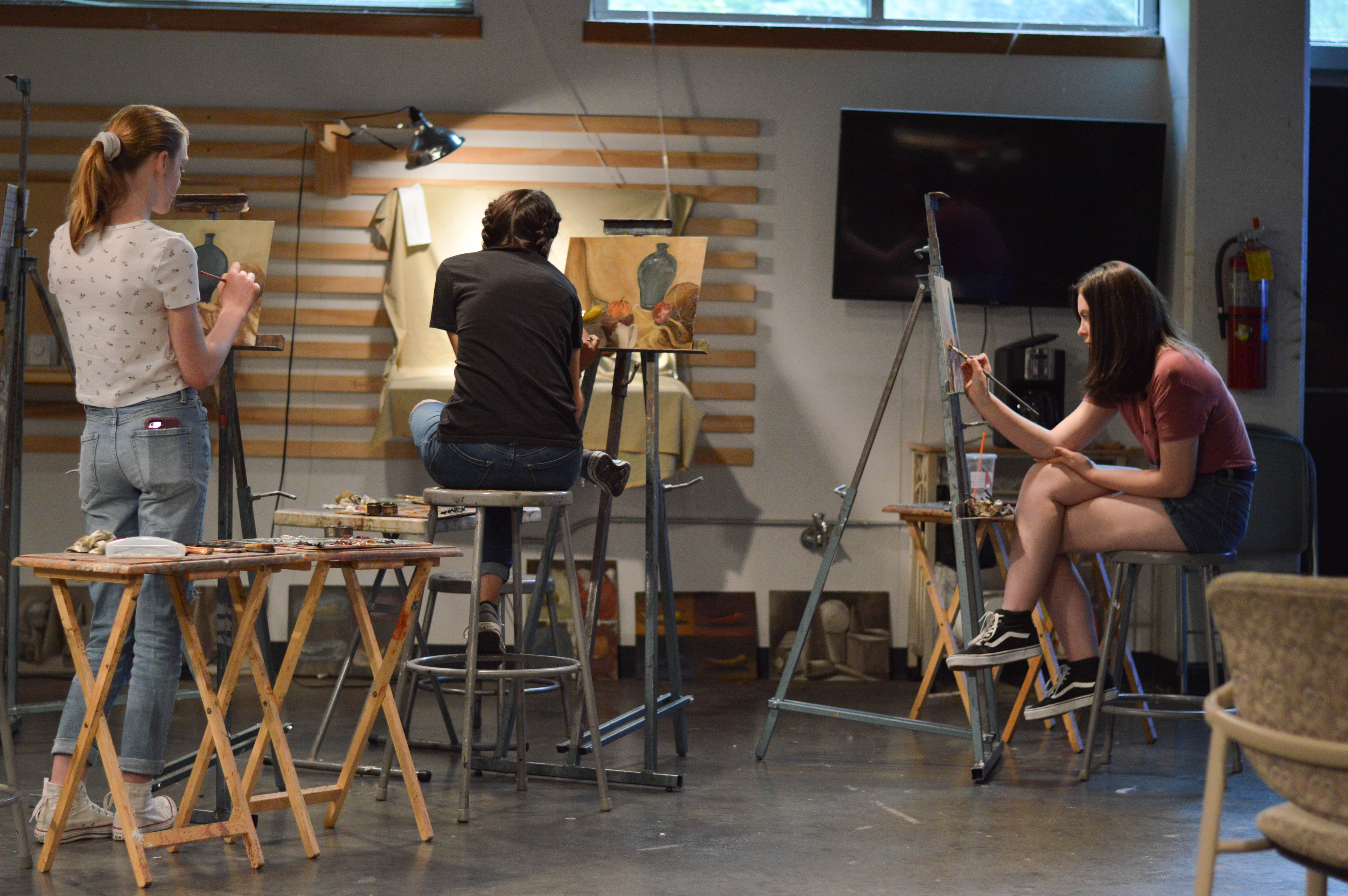Before I begin, I want to state that I do not think that all technology is bad.
Without technology, most of the medical advancements would be impossible, and man may not have landed on the moon. We have access to an immeasurably greater amount of information than we have ever had before. Technology has improved the standard of living and will continue to do so for years to come.
However, technology has also shaped the way we think and read. The biggest contributor to this problem seems to be Google. Because of Google’s immediate and efficient answers, students and searchers are beginning to lose critical thinking skills.
Psychologist Maryanne Wolf told The Atlantic that Google “promotes a style of reading that puts ‘efficiency’ and ‘immediacy’ above all else, may be weakening our capacity for the kind of deep reading that emerged when an earlier technology, the printing press, made long and complex works of prose commonplace.”
With a quick search, Google provides users with pages upon pages of information. Such an amount can be overwhelming. Searchers will go from page to page, often never truly reading critically, but to decode the information. Wolfe also stated that rather than interpreting and thinking critically about texts, we have become “mere decoders of information.”
Twitter is a perfect example of this phenomenon. The app limits tweets to only 140 characters, a limit that forces users to get to the point. Most Twitter users do not use any sort of critical thinking to decode a post. Twitter supplies its users with immediate and quick information without having to browse through an entire article.
Both Google and Twitter contribute to the destruction of critical thinking in that they appeal to the audience’s dwindling ability to concentrate. When is the last time you have been able to read or accomplish any task without succumbing to browsing through your phone? Before you know it, you have been on your phone for hours.
More often than not, readers will click on an article link, only to exit out if the article appears to be too long. If they do read the article, audiences tend to skim the water, without fully diving into the literature.
Andrew Solomon, an opinion writer for the New York Times states that “It [reading books] requires effort, concentration, attention. In exchange, it offers the stimulus to and the fruit of thought and feeling….The electronic media, on the other hand, tend to be torpid.”
Because reading is a learned behavior, it can be unlearned. Google can be an extremely helpful tool, but in the long run, is it really helping our ability to think critically? Critical thinking is a skill that we incorporate into our everyday lives. If we deteriorate this skill, it could affect our lives on a daily basis.



